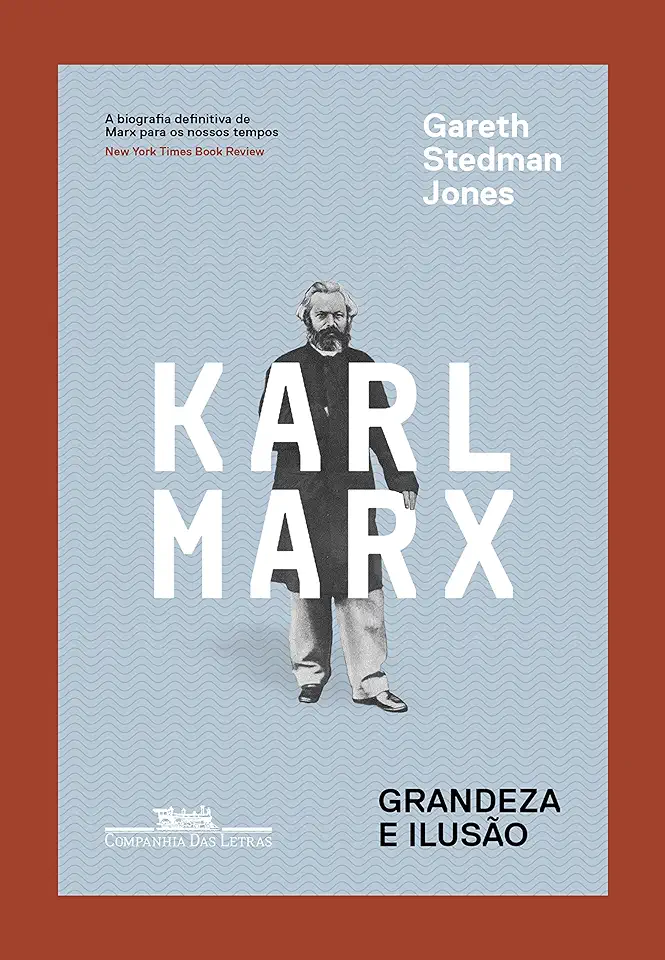
Karl Marx: Greatness and Illusion - Gareth Jones Stedman
Karl Marx: Greatness and Illusion
In his magisterial biography, Gareth Stedman Jones offers a new and provocative interpretation of Karl Marx's life and work. Drawing on a wealth of new archival material, Jones argues that Marx was not simply a revolutionary theorist, but also a brilliant historian, economist, and sociologist. He shows how Marx's work was shaped by his experiences in the tumultuous Europe of the 19th century, and how his ideas continue to resonate today.
A Revolutionary Life
Karl Marx was born in Trier, Germany, in 1818. He came from a well-to-do Jewish family, and he received a classical education. In his early twenties, Marx became involved in the radical politics of the time. He was arrested and imprisoned for his activities, and he eventually went into exile in London.
In London, Marx met Friedrich Engels, who became his lifelong friend and collaborator. Together, they wrote The Communist Manifesto, which is considered one of the most influential political texts of all time. Marx also wrote Das Kapital, a three-volume work that is considered to be the foundation of modern economic thought.
Marx's Historical Materialism
One of Marx's most important contributions to social thought is his theory of historical materialism. Marx argued that the economic structure of society determines its political and cultural superstructure. In other words, the way that people produce and distribute goods and services shapes their social and political institutions, as well as their beliefs and values.
Marx's theory of historical materialism has been used to explain a wide range of social phenomena, from the rise of capitalism to the fall of communism. It has also been used to critique the existing social order and to call for a more just and equitable society.
Marx's Economic Analysis
Marx's economic analysis is also of great importance. He argued that capitalism is an inherently exploitative system. The owners of capital, or the bourgeoisie, extract surplus value from the workers, or the proletariat. This surplus value is the source of profit, and it is the driving force of capitalism.
Marx's economic analysis has been used to explain a wide range of economic phenomena, from the business cycle to the rise of inequality. It has also been used to critique the existing economic order and to call for a more socialist economy.
Marx's Social and Political Thought
Marx's social and political thought is also of great importance. He argued that the working class is the most revolutionary class in society. The working class has the power to overthrow capitalism and create a more just and equitable society.
Marx's social and political thought has been used to inspire a wide range of social and political movements, from the labor movement to the civil rights movement. It has also been used to critique the existing social and political order and to call for a more democratic and egalitarian society.
Marx's Legacy
Karl Marx is one of the most important thinkers in history. His work has had a profound impact on social thought, economic analysis, and social and political movements. Marx's ideas continue to resonate today, and they offer a powerful vision of a more just and equitable world.
Why You Should Read This Book
Gareth Stedman Jones's biography of Karl Marx is a must-read for anyone who wants to understand the life and work of one of the most important thinkers in history. Jones offers a new and provocative interpretation of Marx's life and work, and he shows how Marx's ideas continue to resonate today. This book is essential reading for anyone interested in history, economics, politics, or social thought.